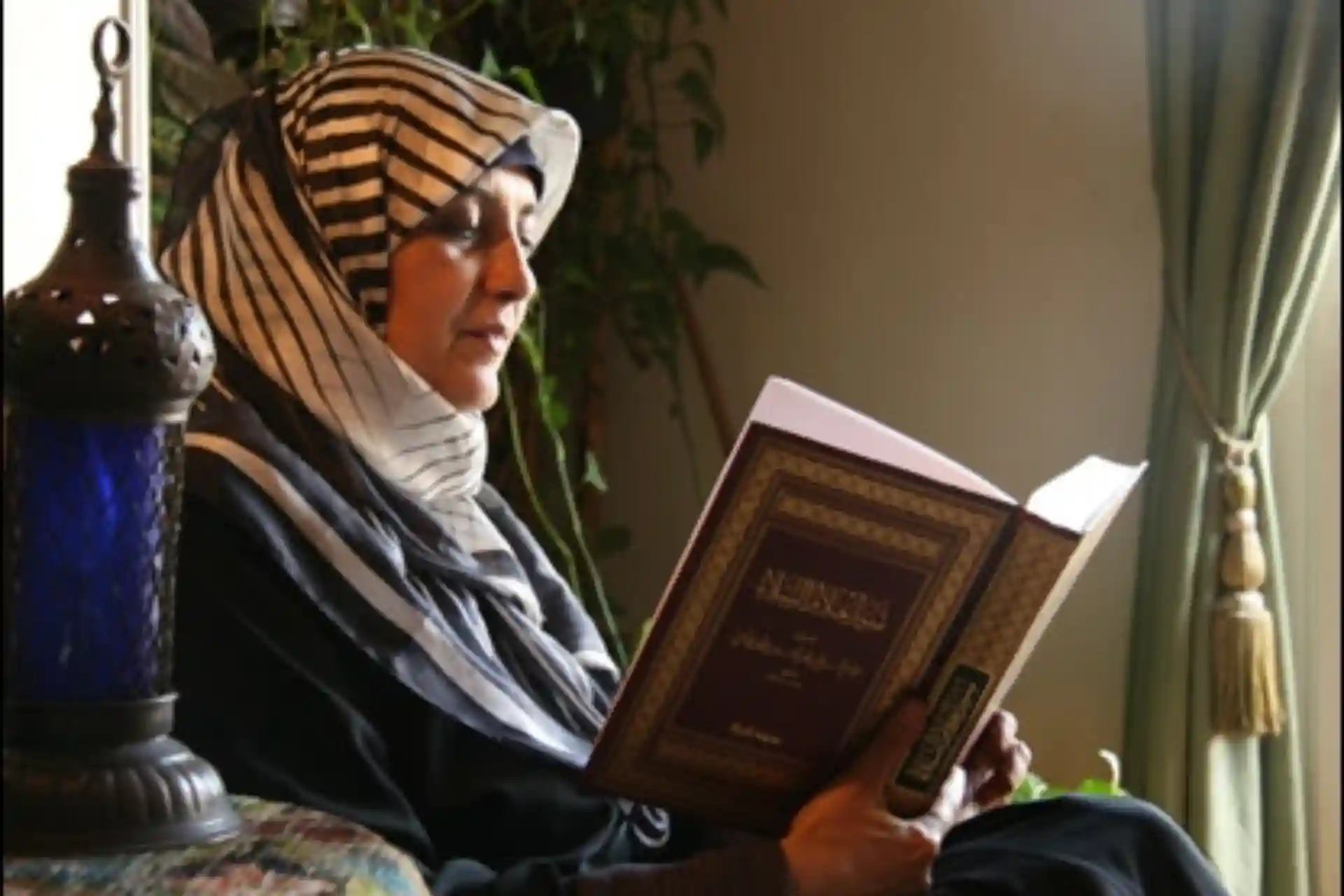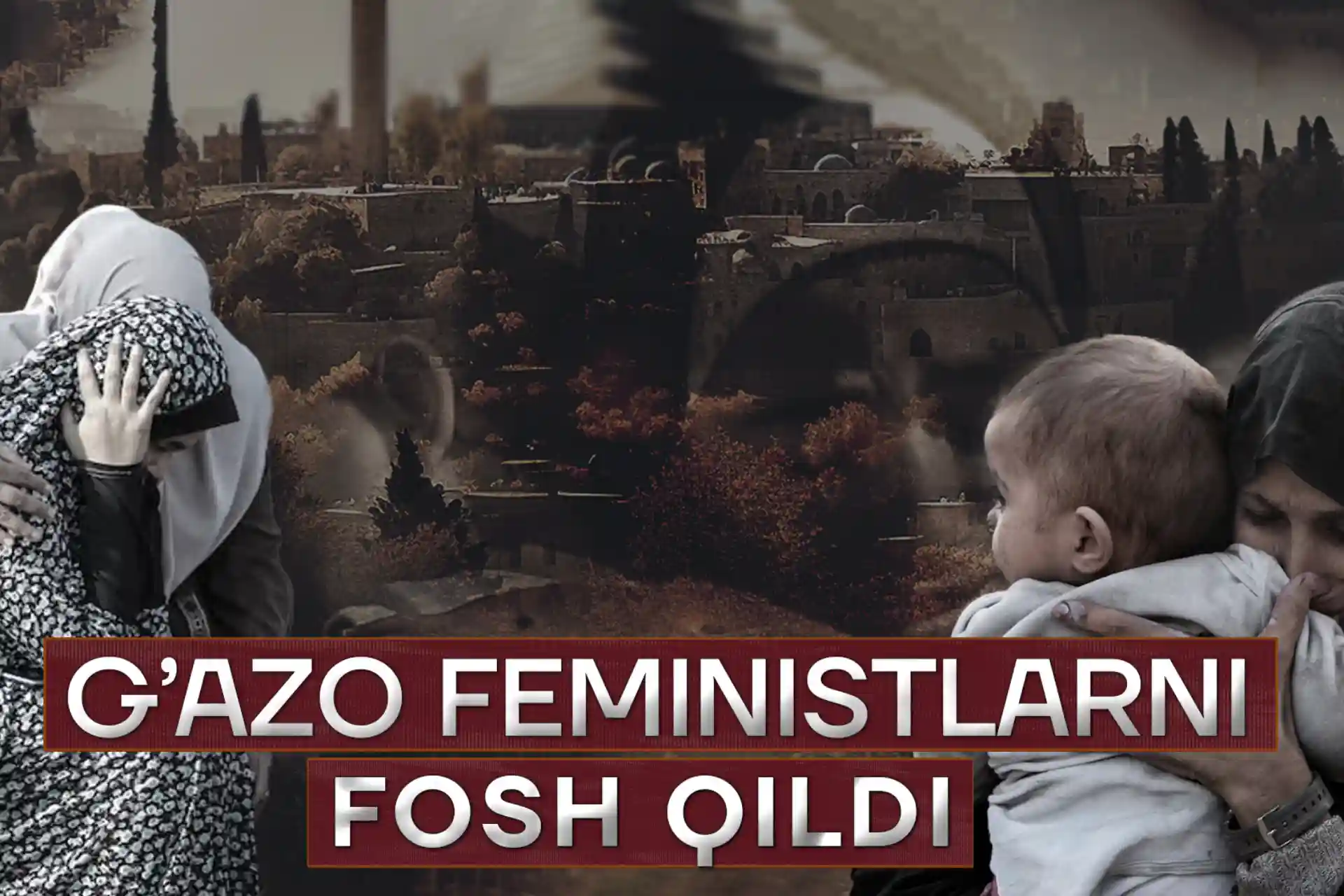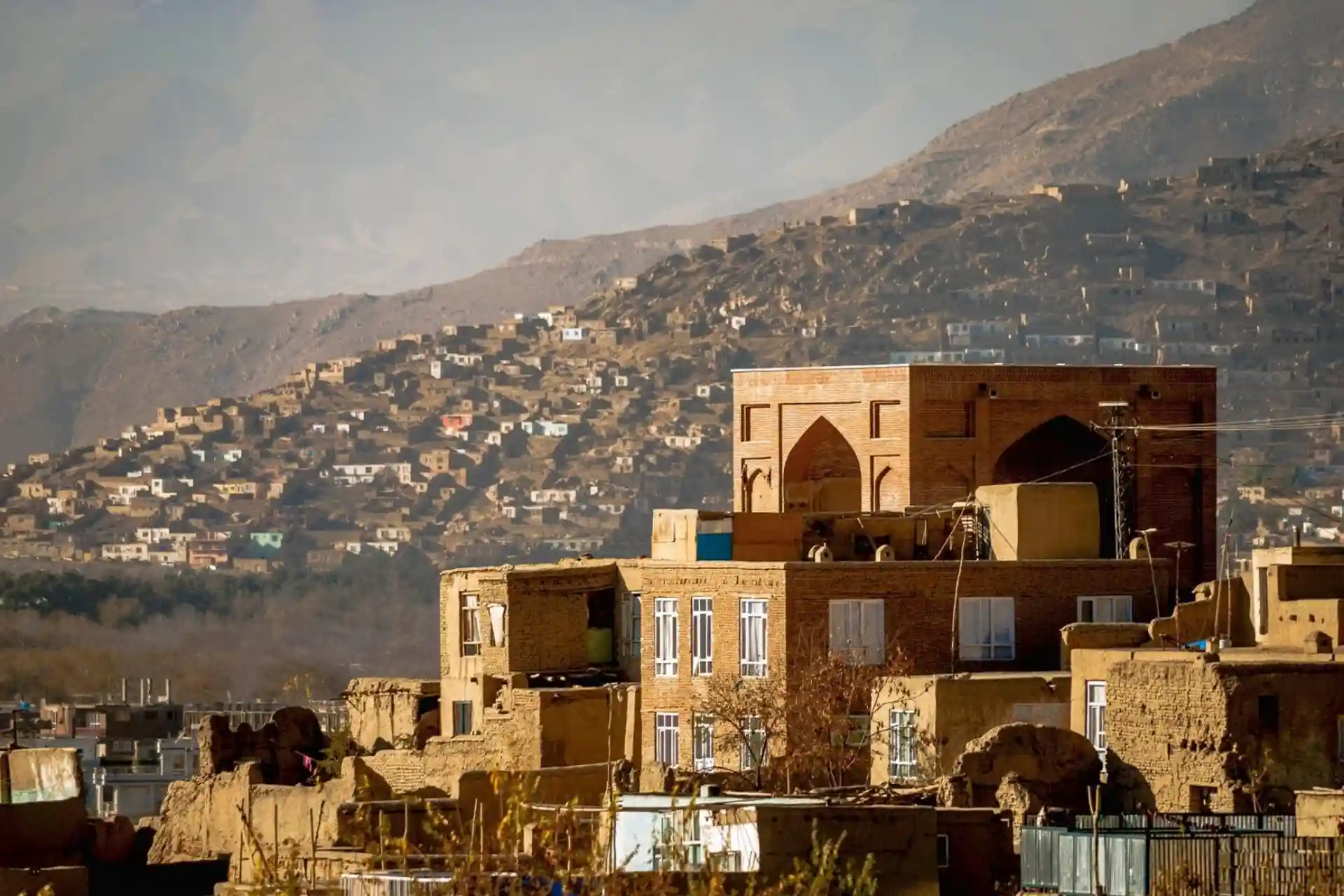Islam is the most "feminist" religion
Islam is the most "feminist" religion
If we look at the history of mankind , we will witness that in all societies and nations, special attention has been paid to the issue of women. However, it was in Islam that women found their true value and realized that they were representatives of the most beautiful creation. While the feminist movement fought for women's rights, Islam defined these rights 14 centuries ago.
What is feminism and when did it emerge?
The feminist movement is historically divided into three main waves, but the fight for equal rights for women is actually very old. An example of this is the elevated position of women in Islamic law 14 centuries ago.
First wave (18th–19th centuries)
During this period, women, especially in the West, fought for basic rights such as voting, education, and property ownership. The feminist movement is generally recognized as beginning with Mary Wollstonecraft's book "A Vindication of the Rights of Woman" in 1792. Later, in the 19th century, women in the United States and Europe began to demand the right to vote. The Seneca Falls Conference in 1848 in the United States was the first major conference of the feminist movement.
Second Wave (20th century, 1960s–1980s)
During this phase, feminists fought not only for legal equality, but also for social and cultural change. Women demanded equal rights with men in the workplace, family, and society. Simone de Beauvoir's The Second Sex was a major influence during this period. It criticized the roles assigned to women in society.
Third Wave (1990s–present)
During this phase, the feminist movement became more multifaceted, taking into account different racial, class, and cultural factors. The modern feminist movement also includes issues such as gender identity, LGBTQ rights, and criticism of the patriarchal system.
Islamic perspective
If we compare it with Islam, which granted women rights as early as the 7th century. That is, while in the West women struggled to own property and inherit it until the 19th and 20th centuries, Islam provided these rights 1,400 years ago. Therefore, Islam can truly be considered one of the most "feminist" religions.
At the time of the emergence of Islam, Arab society was oppressed by women: newborn girls were buried alive, disinherited, and devalued as individuals. Islam eliminated these injustices and gave women equal rights with men: education, financial independence, inheritance, marriage, and divorce rights.
Women's rights in Islam
- The Right to Education : Our Prophet (peace be upon him) said, "Seeking knowledge is obligatory upon every Muslim man and woman."
- Inheritance rights : In a society where women were generally deprived of inheritance, Islam allocated them a clear share.
- Marriage and Divorce Rights : Islam made marriage conditional on the woman's consent, and also gave women the right to "Khul'", meaning they can request a divorce from their husbands.
- Financial independence : A woman's ability to work and freely use her own money is guaranteed by Islam.
While Islam has established norms that protect women, some modern feminist concepts promote gender equality without taking into account the natural differences between men and women.
The Prophet's (peace be upon him) advice about women
From the Farewell Sermon: "Fear Allah regarding women! You have taken them as a trust from Allah, and their private parts have been made lawful to you by the word of Allah. They have rights over them, and you have rights over them." (Muslim, Abu Dawud)
This sermon was delivered during the last pilgrimage of the Prophet (peace be upon him), and it contained important advice for the ummah. It strongly warned against treating women well and not violating their rights.
Conclusion
Today, the issue of women's rights remains relevant. However, the concept of gender equality does not always serve the interests of women, but often seeks to deny natural differences. True justice and equality are embodied only in the teachings of Islam, in which women find their true dignity.
Therefore, it is important not only to know the rights that Islam has given us, but also to apply them correctly in our lives. Islam, which has long respected the dignity of women, has given her not only rights, but also respect, protection and attention. Today, the most just way, rather than any movement or system, is to understand and apply the dignity that Sharia has given.
Mukhlisa Mahmud, journalist



